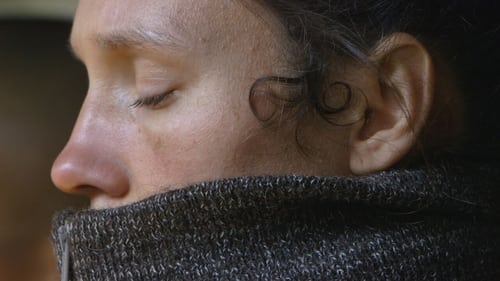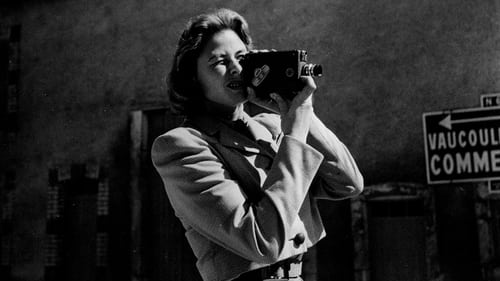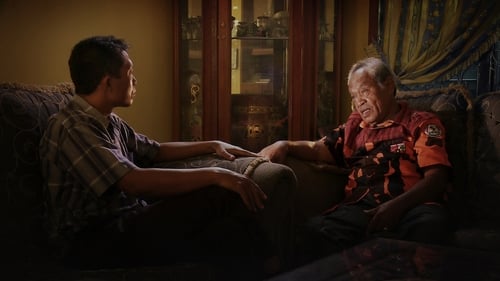
Commissioning Editor
Countless people around the world know the pictures from Leni Riefenstahl's films, even if they have not seen them in their entirety. The work of the German director has burned itself into the collective memory. Even decades after the end of the Nazi era, she showed no remorse and presented herself as an apolitical, naive follower of the Nazi criminal regime. Her artistic service for the cinema was always recognized. But book author Nina Gladitz shows after decades of research that Hitler's favorite filmmaker was not only a follower, but also a perpetrator during the Third Reich, who instrumentalized other filmmakers such as the brilliant cinematographer Willy Zielke in order to gain fame for herself.

Executive Producer
Director Mirjam Leuze’s The Whale and The Raven illuminates the many issues that have drawn whale researchers, the Gitga’at First Nation, and the Government of British Columbia into a complex conflict. As the people in the Great Bear Rainforest struggle to protect their territory against the pressure and promise of the gas industry, caught in between are the countless beings that call this place home.

Co-Producer
Hidden in the wooded mountains on the west coast of Japan lies the small Zen monastery Antaiji. A young woman sets off to immerse herself through autumn, winter and spring in the adventures of monastic life. The young woman is Sabine Timoteo from Switzerland. The abbot of the monastery is Muho Noelke, born in Berlin. An interplay between the philosophy of the Japanese Zen master Kodo Sawaki and the surprises brought forth by everyday life.

Commissioning Editor
Um relato pessoal e cativante da extraordinária vida e obra de Ingrid Bergman (1915-82), uma jovem sueca que se tornou uma das atrizes mais célebres do cinema mundial.

Co-Producer
Continuação do aclamado documentário “O Ato de Matar”. Aqui, uma família que sobreviveu ao genocídio na Indonésia confronta os homens que mataram um de seus irmãos. Através do documentário de Joshua Oppenheimer, filmando os responsáveis pelo genocídio indonésio, uma família de sobreviventes descobre como é que o filho foi assassinado e a identidade dos homens que o mataram. O mais novo dos irmãos está determinado a quebrar o feitiço de silêncio e medo sob o qual vivem os sobreviventes e, assim, confronta os homens responsáveis pelo assassinato do irmão – algo inimaginável num país onde os assassinos permanecem no poder. Rodado também em 2012, logo após a montagem de “Ato de Matar” (mas antes do seu lançamento), “O Olhar do Silêncio” é uma visão alternativa dos eventos, desta vez sob o ponto de vista das vítimas. Com esta obra, Joshua Oppenheimer ganhou o Grande Prêmio do Júri e Prêmio FIPRESCI no Festival de Cinema de Veneza.

Producer
The film is just this kind wandering through the personal ways and whys of different kinds of pain in different kinds of people. The film searches through the many levels of pain and finds it in its unique position between disaster and pleasure. Pain is..thus plunges us instantly into the midst of controversy and the unknown.





